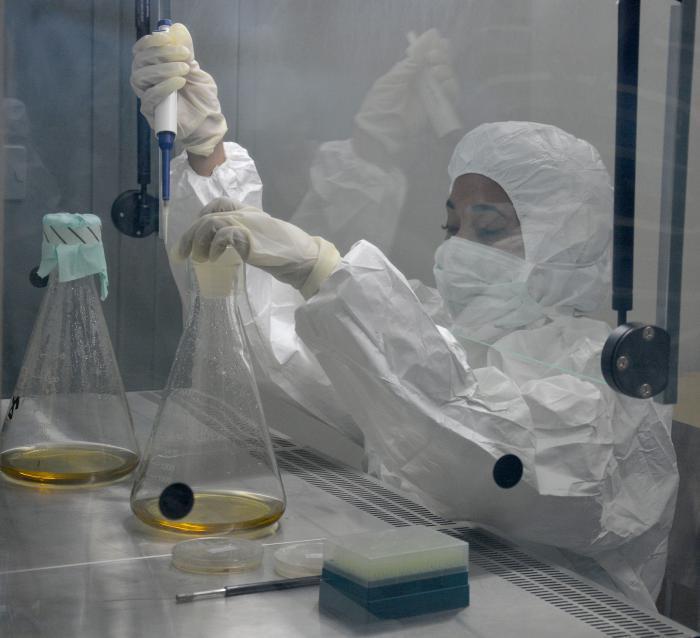
Cuban women are decisive in the economic and social development of the nation and year after year, make important contributions to Cuban science, as is demonstrated by the multiple national prizes they have been awarded by the Cuban Academy of Sciences (ACC), and their significant presence as authors of important publications and creators of patented inventions.
This was emphasized to Granma by Dr. Luis Velázquez Pérez, ACC president, when discussing the recognition our country has received from the United Nations Organization for Education, Science and Culture (Unesco) Institute of Statistics, for having reached gender parity in the scientific arena.
He noted that of the ten Cuban inventions that have received Gold Medals from the World Intellectual Property Organization, six have women credited as their principal authors.
During Unesco’s 1999 World Conference on Science for the 21st Century: A New Commitment, Cuba adopted and supported agreements included in the Final Declaration, among them the full inclusion of women in scientific fields. At that time, our country already ranked relatively high in terms of women in the sciences and in leadership positions, as a result of opportunities created by the Cuban Revolution in 1959, Dr. Velázquez Pérez recalled.
Regarding the composition of the Cuban Academy of Sciences, he reported that 34% of the current membership is female, giving it the world’s highest female representation among such institutions. The same is true for the Academy’s board of directors, with women serving as two of its three vice-presidents.
Information from the Ministry of Science, Technology and the Environment (Citma) indicates that, of a total of 89,214 professionals working in the fields of science, technology and innovation nationally, 53% are women, and of the country’s 7,750 researchers identified at the end of 2019, 68% are female.
Many of these impressive Cuban women are on the front lines in the battle against COVID-19, actively participating in the development of new therapeutic protocols, conducting key research projects, and leading clinical trials of the country’s four candidate vaccines, Velázquez Pérez noted.















